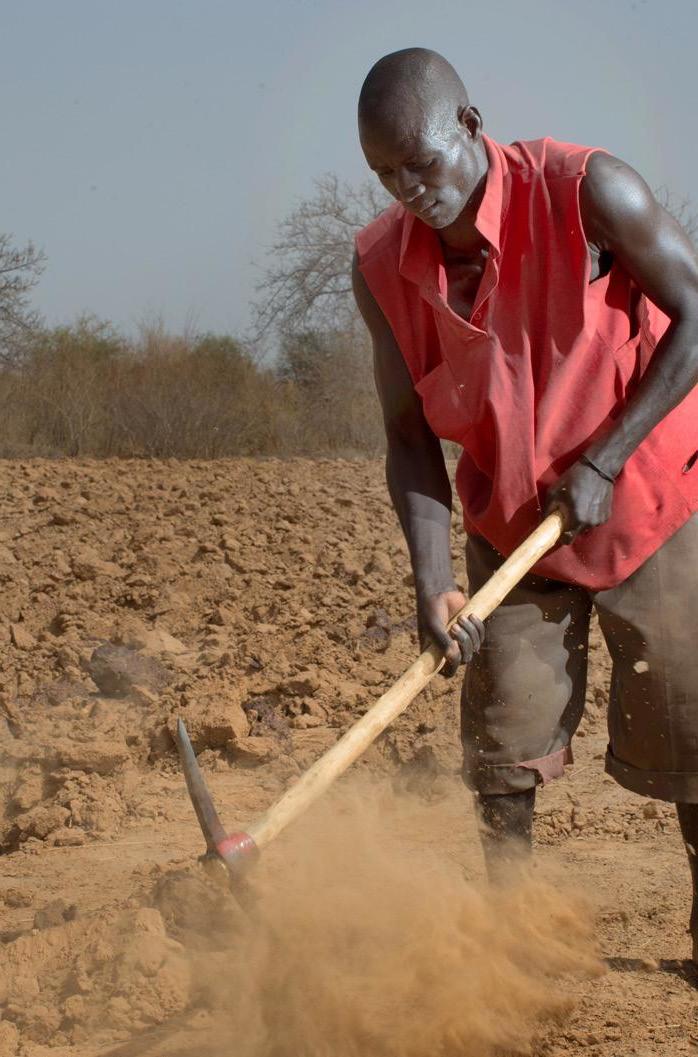
1 minute read
Improved food, nutrition and income security for smallholder farming families
THE CHALLENGE
Climate Change and Smallholder Farmers
Advertisement
Long-term changes in the world’s climate are a reality and must be factored into the design of SHA’s work, particularly long-term investments in the tropics and sub tropics.
The food and agricultural sectors are particularly vulnerable to both short and long term changes in the climate and atmospheric CO 2 concentrations. As these sectors are central to human development, support for agriculture, and in particular for smallholder farmers, is pivotal to achieving the eradication of poverty and hunger under a changing climate. and needs to be at the centre of the global response to climate change.
Slow onset environmental change processes, increasing climate variability and more frequent and severe weather events affect agricultural productivity and add pressure to already fragile food and ecological systems. Smallholder producers and the rural poor in the tropics and sub tropics are particularly vulnerable to the effects of climate change and climate variability. Many poor farmers are already farming small plots on marginal land and have limited resources to adapt their farming systems to the anticipated changes.
SHA’s agriculture interventions are designed to achieve ecological intensification of production systems while increasing the climate resilience of farmers, farming communities, agro-entrepreneurs, and food systems at large.


